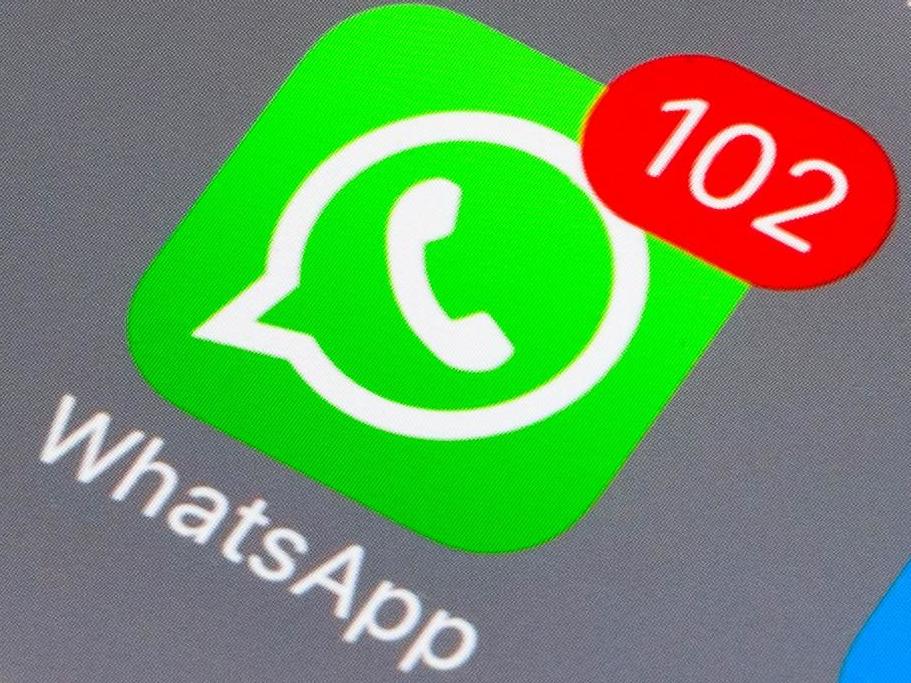WhatsApp accuses Israeli firm NSO Group of helping government spies to hack hundreds of phones
Facebook owned firm says there was an ‘unmistakable pattern of abuse’, in court filing

Your support helps us to tell the story
From reproductive rights to climate change to Big Tech, The Independent is on the ground when the story is developing. Whether it's investigating the financials of Elon Musk's pro-Trump PAC or producing our latest documentary, 'The A Word', which shines a light on the American women fighting for reproductive rights, we know how important it is to parse out the facts from the messaging.
At such a critical moment in US history, we need reporters on the ground. Your donation allows us to keep sending journalists to speak to both sides of the story.
The Independent is trusted by Americans across the entire political spectrum. And unlike many other quality news outlets, we choose not to lock Americans out of our reporting and analysis with paywalls. We believe quality journalism should be available to everyone, paid for by those who can afford it.
Your support makes all the difference.WhatsApp has accused an Israeli surveillance firm of helping government spies hack into the phones of hundreds of people.
Senior government officials, diplomats, political dissidents and journalists were among around 1,400 users targetted across four continents, the Facebook owned firm said in a lawsuit filed in federal court in San Francisco against NSO Group.
It said the company had facilitated government hacking sprees in 20 countries, although it only named Mexico, the United Arab Emirates and Bahrain.
Calling it an ”unmistakable pattern of abuse”, in a statement, WhatsApp said that 100 civil society members had also been targetted.
The attack exploited its video calling system in order to send malware to the mobile devices of a number of users, it said.
This would allow NSO’s clients – said to be governments and intelligence organisations – to secretly spy on a phone’s owner, opening their digital lives up to official scrutiny, it added.
NSO said it disputed the allegations “in the strongest possible terms”.
In a statement, it added: “The sole purpose of NSO is to provide technology to licensed government intelligence and law enforcement agencies to help them fight terrorism and serious crime.”
Used by 1.5 billion people monthly, WhatsApp has often touted a high level of security, including end-to-end encrypted messages that cannot be deciphered by the company or other third parties.
Citizen Lab, a cybersecurity research laboratory based at the University of Toronto that worked with WhatsApp to investigate the phone hacking, told the Reuters press agency that well-known television personalities, prominent women who had been subjected to online hate campaigns and people who had faced assassination attempts and threats of violence, had been targetted.
NSO’s phone hacking software has already been implicated in a series of human rights abuses across Latin America and the Middle East, including a sprawling espionage scandal in Panama and an attempt to spy on an employee of the London-based rights group Amnesty International.
The firm came under particularly harsh scrutiny over the allegation that its spyware played a role in the death of journalist Jamal Khashoggi, who was murdered at the Saudi Consulate in Istanbul a little over a year ago.
His friend Omar Abdulaziz is one of seven activists and journalists who have taken the spyware firm to court in Israel and Cyprus over allegations that their phones were compromised using NSO technology.
Amnesty has also filed a lawsuit, demanding that the Israeli Ministry of Defense revoke NSO’s export license to “stop it profiting from state-sponsored repression”.
Reuters contributed to this report
Join our commenting forum
Join thought-provoking conversations, follow other Independent readers and see their replies
Comments